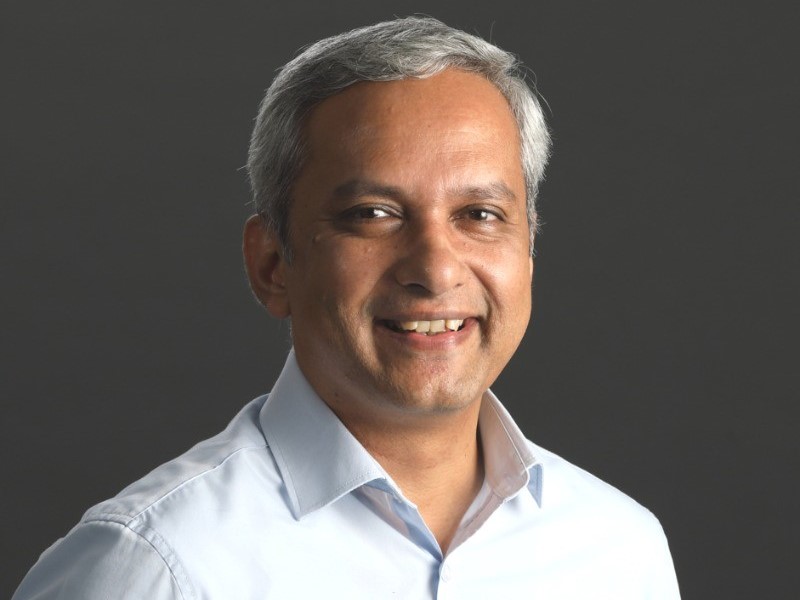Infosys’ global tech chief Rafee Tarafdar says companies will soon face a “third wave” of AI adoption, where they will need to balance the innovation gains of the technology against controls to prevent it becoming the next shadow IT nightmare.
But he said “having a dedicated, responsible AI office” holds the answer and would help drive innovation and productivity, citing the company’s recent success training most of its 320,000 employees globally to adopt AI.
“[The office] looked at our entire procurement set of functions to see that any software or tool that is brought in goes through a set of checks… We have a process by which we can identify a lot of these tools and then put some controls around these,” he said.
Mr Tarafdar discussed the need for AI education and employee literacy with InnovationAus.com publisher Corrie McLeod this week on the latest Commercial Disco podcast.
During the podcast, he also stressed that embedding AI within a business responsibly requires balance across three areas: making the necessary process changes to introduce and scale AI, dealing with IP and contracts, and managing regulatory compliance.
According to Mr Tarafdar, Infosys’ Australian customers have already been through the first and second waves of AI adoption, with a third wave — re-engineering processes — now emerging.
“The value is much higher if I can use AI to change the ways of working, think about what we are doing in an AI native manner,” he said, adding that the first two waves focused on day-to-day work and scaling AI across the business.
The priority for Australia is to rethink processes to maximise AI’s impact. He said this is where the value is, “especially in terms of cost, in terms of growth, in terms of improving customer experience, in terms of building new products”.

Data poses the biggest challenge, as “in most of these AI projects, almost 60 to 65 per cent of the time is spent in curating data itself,” Mr Tarafdar said. Unstructured data, like documents and videos, needs careful handling.
When it comes to assessing the skill level and AI-readiness of an organisation, Mr Tarafdar used three categories to segment Infosys’ workforce when he led the 40-year old company through its own AI transformation: AI-aware employees, AI builders and AI masters.
“Eventually, we think [there will be] a combination of frontier models and small models, which are very, very industry specific, and are trained within business data,” he told InnovationAus.com.
Infosys has a strong presence in Australia and serves a diverse range of clients. Some prominent Australian customers include Telstra, Suncorp Metway, Vodafone and Spotlight Retail Group.
Mr Tarafdar was recognised as a Forbes Top 50 Global Technology Leader largely through his leadership of Infosys’ Live Enterprise initiative, which transformed the company into a digital- and cloud-first company through a “micro change” approach.
Of its 320,000 employees across 50 countries, Infosys has upskilled 275,000 employees and now runs centres in Sydney and Melbourne to improve AI literacy for customers.
“We largely work with our clients in helping them transform from the traditional incumbent operating model to a digital first, cloud first, data first and AI first model,” Mr Tarafdar added.
Do you know more? Contact James Riley via Email.
